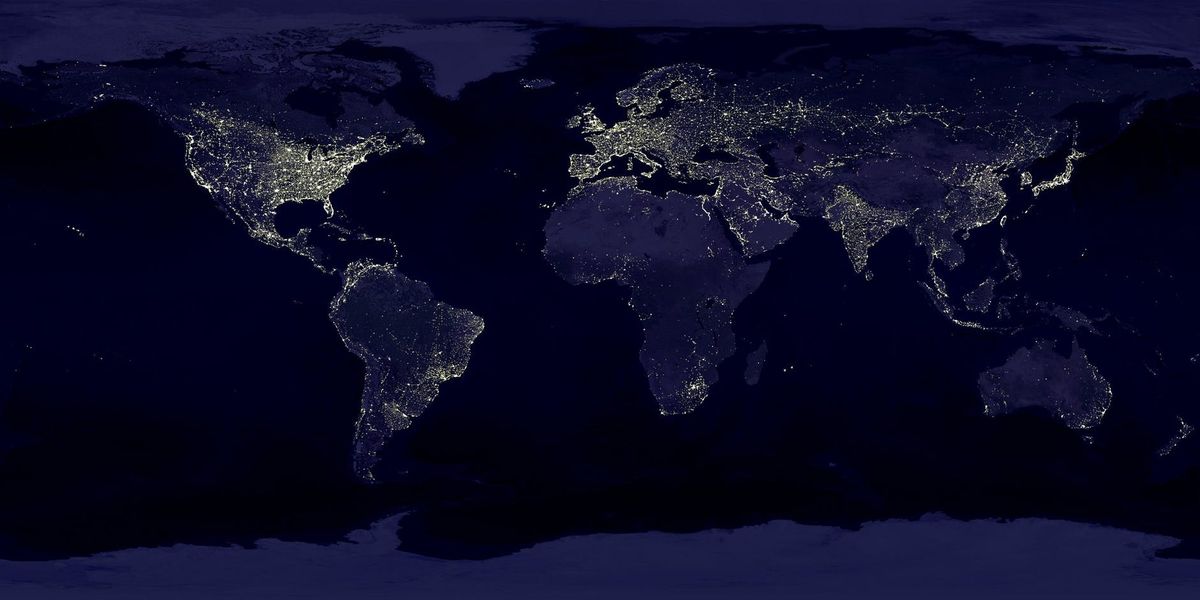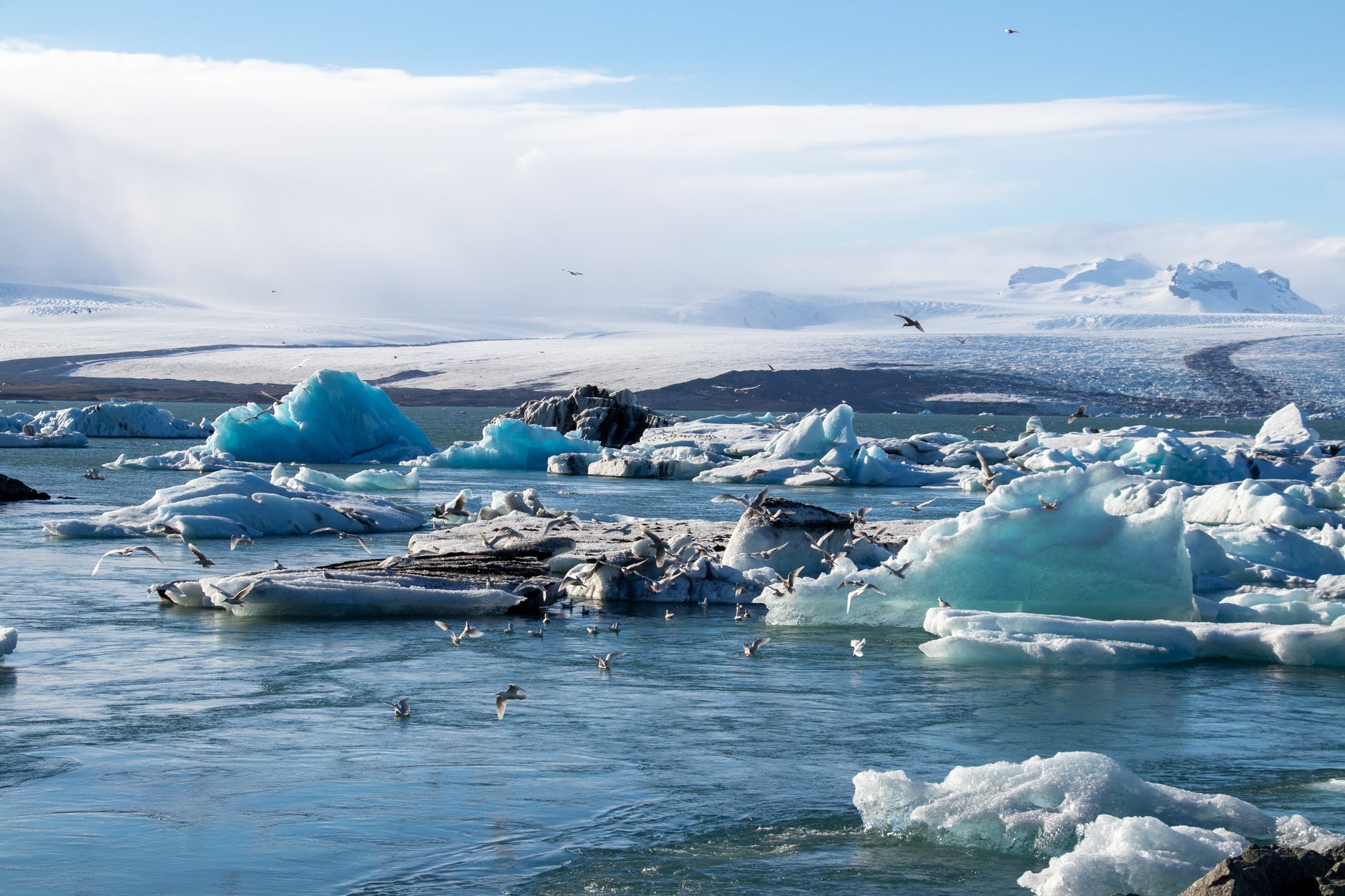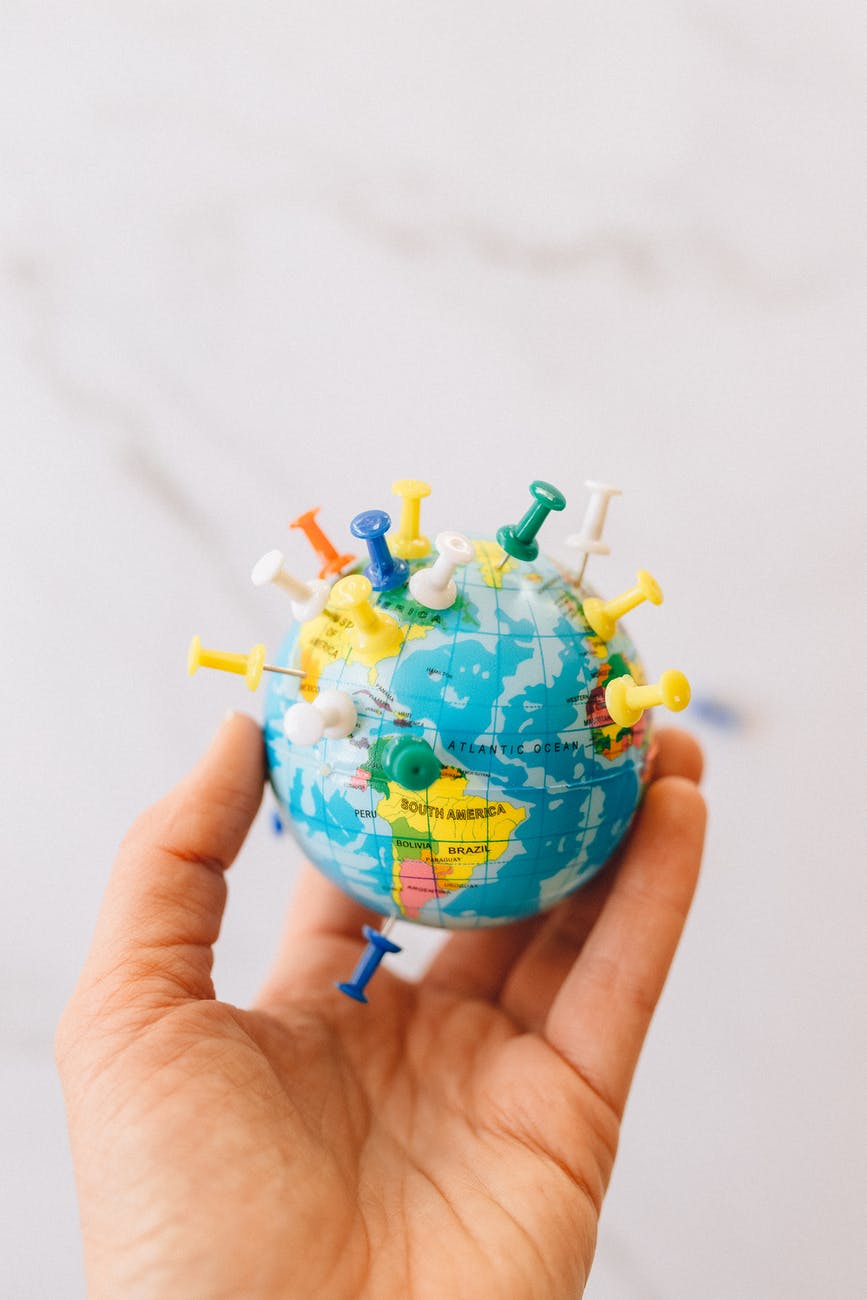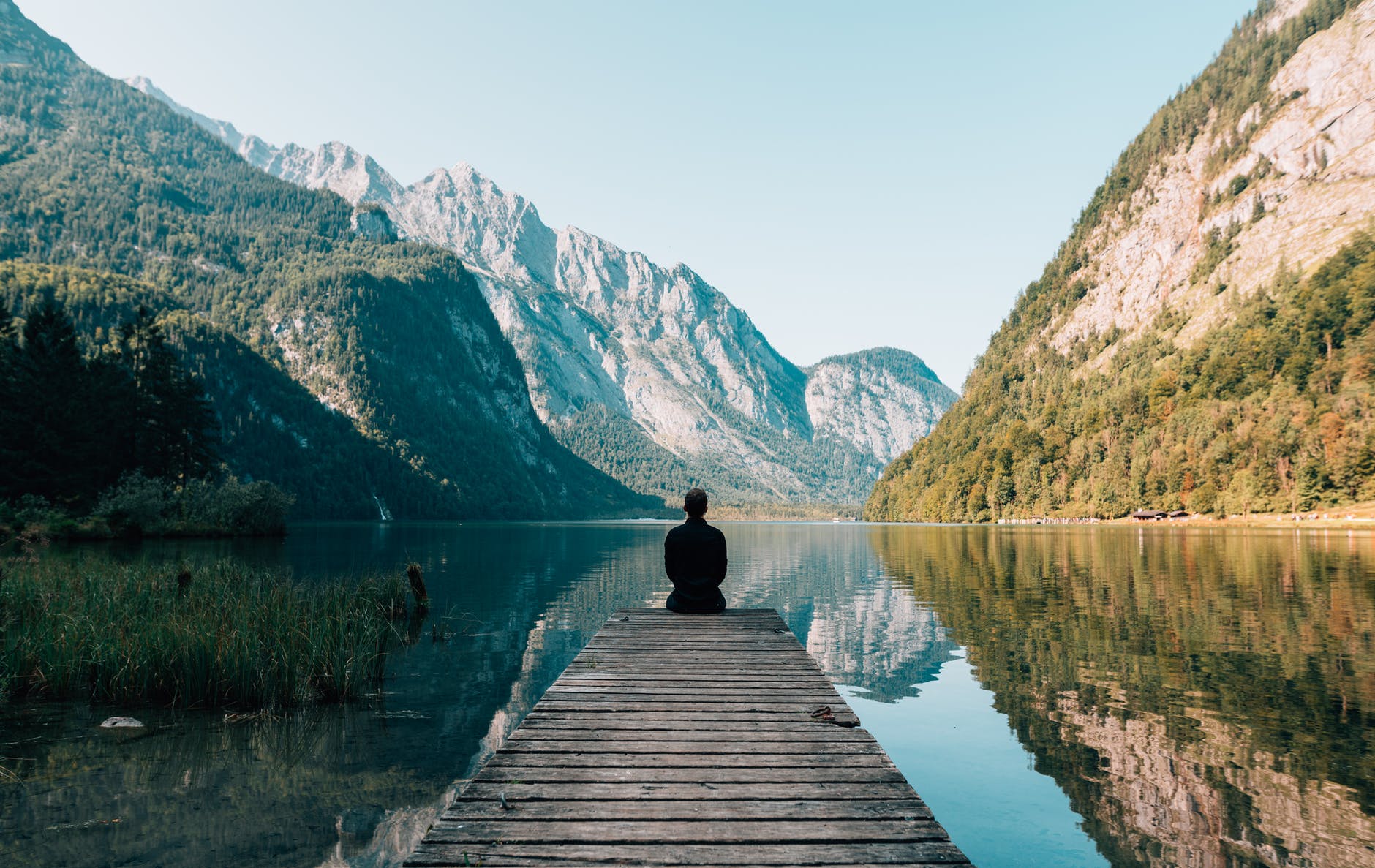What countries are affected by climate change?

A few minutes every morning is all you need.
Stay up to date on the world's Headlines and Human Stories. It's fun, it's factual, it's fluff-free.
Many news stories today center around the concern for the planet’s future. There is often talk of climate change and how it affects the world. Of all the problems society must face moving forward, climate change presents perhaps the greatest threat. But many wonder what climate change truly means for the world and if it affects countries differently.
It’s important to fully understand the threat climate change poses, who is at risk and what can be done to protect the future of the entire planet.
What is climate change?

The National Aeronautics and Space Administration (NASA) is known for its space program, but they are also heavily involved in climate science and other endeavors on Earth. NASA defines climate change as the “long-term change in the average weather patterns that have come to define Earth’s local, regional and global climates.”
Examples of climate change would be fluctuations in rainfall, humidity and temperature averages across the Earth over years and even decades.
Climate change has occurred throughout the Earth’s history but from many different causes. There are often natural factors like volcanic eruptions, changes in orbit and even asteroids. However, the climate change the Earth is now facing is primarily caused by human action.
The United Nations (UN) provides guidelines on combatting climate change, and in those guidelines, they explain the most pressing causes. The most notable is greenhouse gas emissions and deforestation.
Burning fossil fuels, manufacturing, transportation and food production are the most prominent polluting activities that produce greenhouse gas emissions. Cutting down forests for goods and expanding urban development are the primary causes of deforestation.
What is global warming?
NASA also provides a precise definition of global warming as “the long-term heating of Earth’s climate system observed since the pre-industrial period (between 1850 and 1900).”
While climate change is a broad term that encompasses many different changes in the Earth’s climate, global warming describes increasing global temperatures and the subsequent effects. Global warming is one example of many different types of climate change.
Both humans and natural occurrences cause climate change. Global warming, however, has almost always been attributed to humans, primarily through the burning of fossil fuels. Global warming is sustained by an increase in the greenhouse effect caused by greenhouse gases in the atmosphere. Burning fossil fuels is how these greenhouse gasses are emitted.
Why is climate change important?
Earth is the only planet in our solar system and galaxy that sustains life. This is possible through the Earth’s atmosphere that provides oxygen and protection, along with plentiful water and a climate system. This makes the Earth habitable for humans and all the species on the planet.
Climate change threatens the conditions that make life possible for many species on Earth. Many are already noticing the discomfort climate change causes, with extreme temperature and natural changes. However, what is currently described as discomfort can eventually turn into inhospitable conditions for humans and the many species on the planet.
What are the effects of climate change?
Some notable climate change effects commonly referred to are rising sea levels, shrinking glaciers, more extreme storms and other severe weather. However, climate change has wide-ranging effects on the stability of the planet and every living organism.
Effects of climate change on humans
The severe weather changes and surface temperatures from climate change have an evident effect on humans. As climate change and global warming become more serious, severe weather phenomena will become more common and more intense. This not only will cause human discomfort, but natural disasters can destroy a person’s home and harm entire communities. Overall, climate change can ultimately force humans to adapt their way of life.
Effects of climate change on agriculture
Climate change plays a big part in changing the habitable zones for agriculture and dictates how well plants can survive in their environment. With global warming being an ongoing threat, plants must contend with increased temperatures and either increased rainfall or increased drought. This can affect the global food supply, thereby affecting humans, especially those who live in countries where agriculture is a major industry.
Effects of climate change on the environment
Some of the most discussed issues concerning climate change are rising sea levels and melting glaciers. However, climate change has implications for many different facets of the environment, and NASA provides a good overview of some of these effects. These include wildfires, droughts, heat waves and more frequent and severe tropical storms.
Why is climate change important?
Climate change is important because a stable climate provides stability for all the organisms that live in its system. If humans are unable to match the pace of climate change, human life in the climate system may be in jeopardy.
What countries are affected by climate change?

As climate change affects weather patterns worldwide, every country will experience its effects. However, climate change can affect regions differently.
The countries least affected by climate change
The University of Notre Dame studies climate change and analyzes vulnerabilities to climate change and a country’s readiness to improve. The data shows that the most resilient countries are primarily Scandinavian, as they are generally wealthy and already preparing a unified approach to protect from future climate change issues. These top countries include Norway, Finland, Switzerland, Sweden and New Zealand.
The countries most affected by climate change
The data also reveals that the countries most affected by climate change are less developed countries like many in Sub-Saharan Africa. This is due to having fewer resources and poor infrastructure, as well as a lack of food and water. With that, these regions are less equipped to deal with the effects of natural disasters, thus increasing the amount of damage. Some of the most at-risk nations include Chad, the Central African Republic, Eritrea, Guinea-Bissau and the Democratic Republic of the Congo.
However, most countries will have some effect from climate change and are already experiencing extreme weather shifts. Western Europe and especially Germany recently experienced extreme flooding that took many lives in its wake. Research from the World Weather Attribution initiative, which studies the effects of climate change on extreme weather, found that global warming contributed to the increased precipitation that caused these extreme floods.
How to stop climate change
With increasing discussion about the threat of climate change and the risk for the future, some may wonder how they can make an impact. The UN offers a guide on individual actions that we can take to help stop climate change. These tips include saving energy, choosing sustainable food sources and using fewer fossil fuels. However, while we can definitely all do something to help combat climate change, the responsibility for preventing climate change goes well beyond any individual.
Is it too late to stop climate change?
When it comes to the threat of climate change, it is not too late to make a difference. While some changes have already occurred, the goal is to make better decisions now and prevent more harmful effects or even reverse them.
Some changes you can make include aiming for a zero-waste lifestyle, supporting sustainable brands or even changing your diet for a more sustainable lifestyle.
What can we do to stop climate change?
On top of making personal changes to protect the Earth, people can also prompt their government for systemic, sustainable change. The David Suzuki Foundation offers advice on influencing others, especially government and industry officials, to make broad systemic changes.
Global initiatives are also an effective way of combatting climate change on a broad scale with international joint efforts. For example, The Paris Agreement is a treaty by international bodies to agree to act on climate change, limit global warming to below 2 degrees Celsius and reduce greenhouse gas emissions. It’s especially vital that major world powers join together to make significant changes, especially to offset the effects of climate change in developing countries.
Developing countries face the worst threats from climate change and have already begun to see disproportionate effects. With less infrastructure and resources available, developing countries need effective action from more developed nations to help address climate change, especially since developed nations are responsible for the majority of greenhouse gas emissions.
What happened at the 2021 COP26?
The United Nations Climate Change Conference, or COP26, gathered world leaders and other parties interested in climate change to discuss climate change solutions. This conference led to the Glasgow Climate Pact, which reaffirms countries’ commitments to climate change action and provides a framework for moving forward.
Countries agreed to continue moving away from fossil fuels, help finance developing countries’ climate protection, accelerate their current climate action plans and announced new deals and initiatives to benefit environmental protection.
Where do we go from here?

Climate change will remain a present threat for the foreseeable future, but it’s important to know how countries will be individually affected and what they are doing to help. While climate change and global warming have differing definitions and effects, they both significantly impact the lives of every species on Earth.
Some countries and regions will be less affected than others, but everyone on the planet can unite to prevent further damage overall. Individuals can take steps towards living their lives more sustainably, while countries and governments are unifying to limit fossil fuel use. By working together toward these environmental initiatives, we can slow, or possibly even reverse, the effects of climate change and ensure a better future for our planet.
Have a tip or story? Get in touch with our reporters at tips@themilsource.com




Comments ()